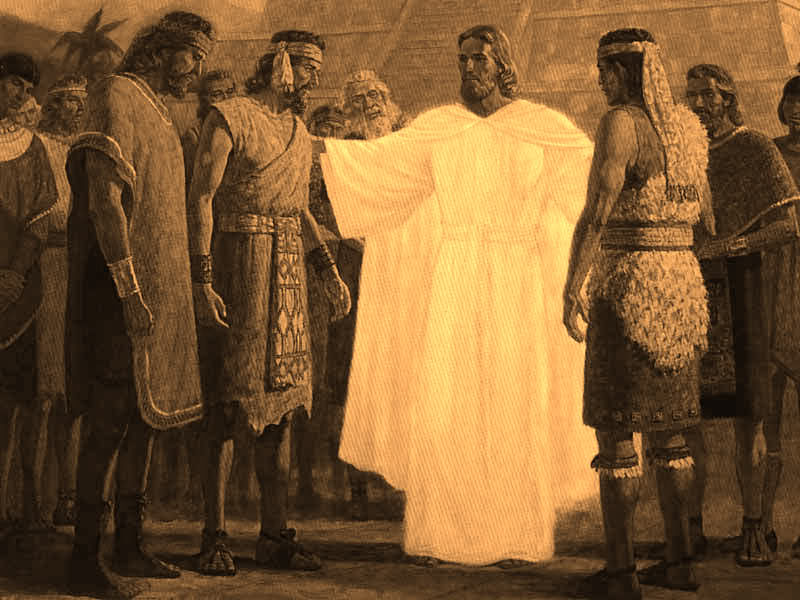Question
Gramps,
The Jaredites, in Ether 2:16, are commanded to build barges “after the manner of barges which ye have hitherto built”. This gives the clue that they must have crossed other bodies of water on route to the sea. One clue being that in Ether 2:6 they built barges to cross many waters. The other being by implication, since they seemed not to have had the concern about air and light in the first barges the other bodies of water would have been lakes. What are your insights on this?
Ralph
Answer
Ralph,
I need to start by reminding everyone that the purpose of Scripture is not to discover historical trivia, but to bring people to the Lord. The very purpose of the Book of Mormon is spelled out in the introductory pages:
… to the convincing of the Jew and Gentile that Jesus is the Christ, the Eternal God, manifesting himself unto all nations.
— Title Page of the Book of Mormon
One reason we want to avoid it is that you’re going to find misleading or inaccurate words because of fallible men. Here’s an example:
One clue being that in Ether 2:6 they built barges to cross many waters. The other being by implication, since they seemed not to have had the concern about air and light in the first barges the other bodies of water would have been lakes.
The phrase “many waters” is not a very good translation into modern English. It is a common phrase that is found in the Bible based on Biblical Hebrew. Translators for the King James Version accurately translated it at the time of translation. And even in the 1800s, when Joseph Smith translated it, it was considered accurate because everyone understood what it meant. But today, we simply don’t make the verbal leap from “plural” to “mass.”
“Many waters” in English needs to be plural. But what do you have on your head? Hair? Or Hairs? Isn’t it plural? Why do we use a singular “hair”? Of interesting note is that in French they do use the plural les cheveux. We say the singular, not because we’re talking about a single hair, but that we think of it as a “mass of hair” rather than counting individual hairs.
What you’ve got is a similar linguistic quirk, but it goes the other way. The original Hebrew has no distinction between a mass of “much water” vs. the plural “many waters.” Multiple times in the Bible, the usage is clearly singular (mass — a large body of water) but it is still translated as “many waters.” And indeed, there are many times when it is clearly “many different bodies of water.”
The point is that with the version we have, and not knowing the quirks of the Nephite language, there would be no way to put that together. You could be right. You could be wrong. How would you know? And much more importantly, how does that bring us closer to Christ? How does it convince the Jew and the Gentile that Jesus is the Christ?
I’m not necessarily saying it is evil. It is often fun to find little tidbits of trivia with little or no spiritual benefit. That’s fairly innocent. But I’ve unfortunately heard of some people who get so bogged down in the exegesis that can be gleaned from parsing words that they forget the importance of the overall message and listening to the Spirit. They eventually find some word that doesn’t sit well with them and decide it’s all wrong and can’t be so because of one word that we don’t even know the origin of.
Now, if you can find some spiritual message in that knowledge that you seek, then it may be beneficial. And I would encourage you to seek out the Spirit in guiding your mind to see that message and make it a part of you. But trivia for trivia’s sake is not really anyone’s calling in life.
Gramps







